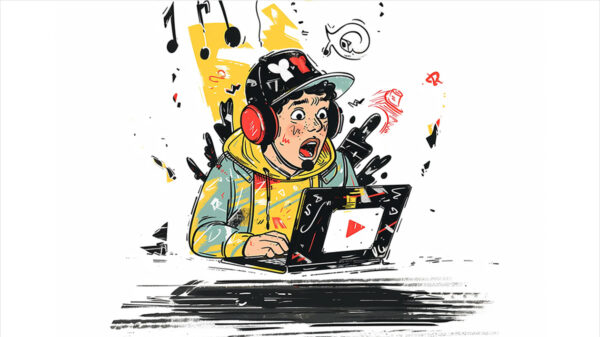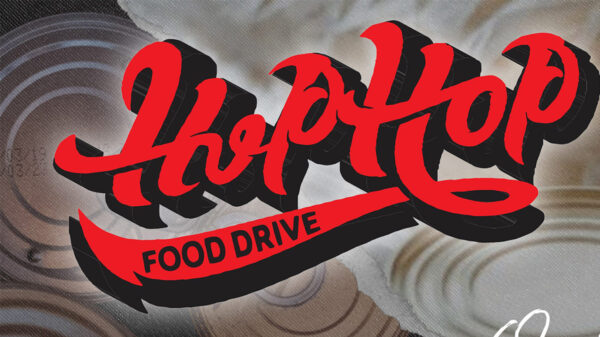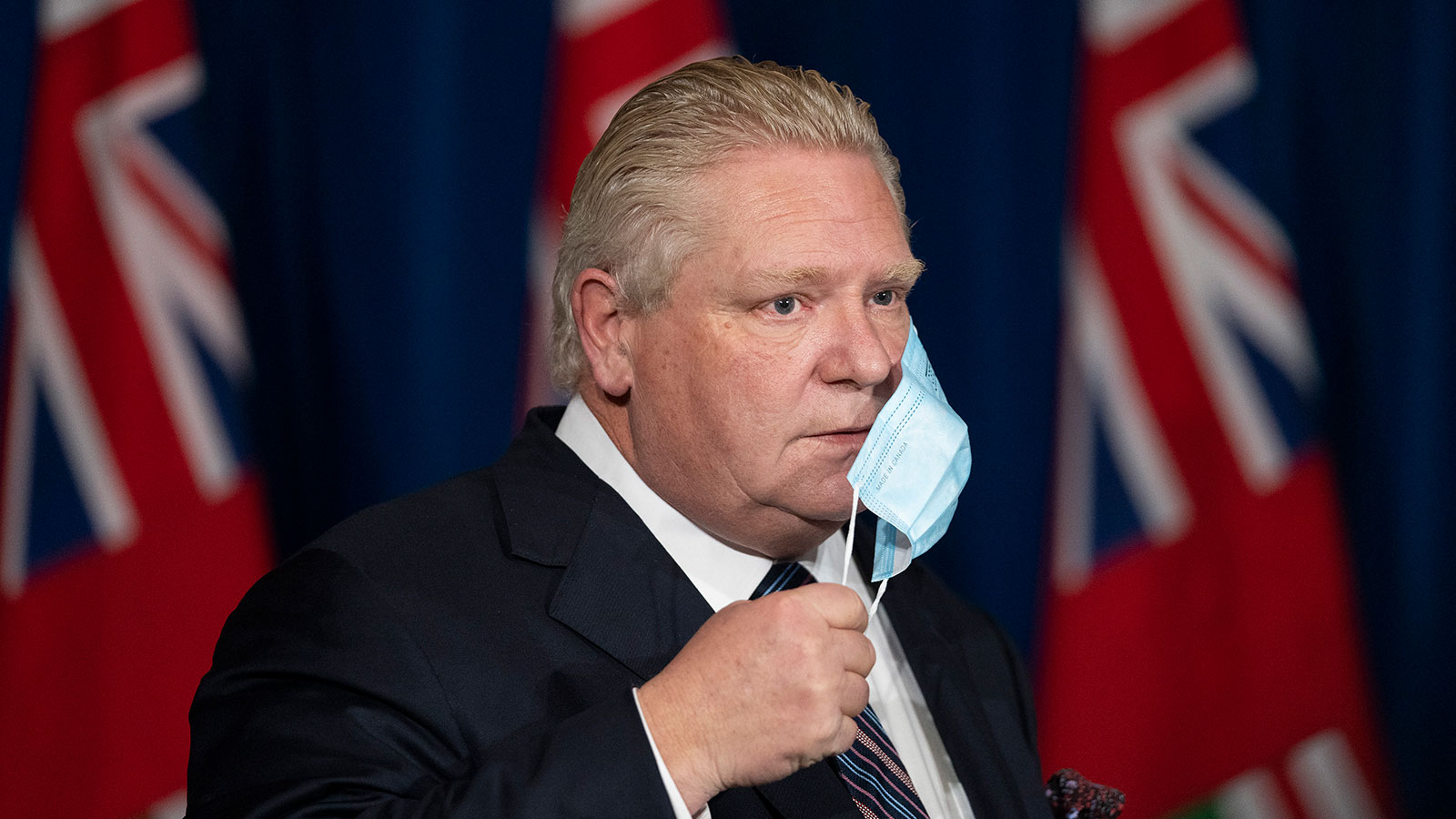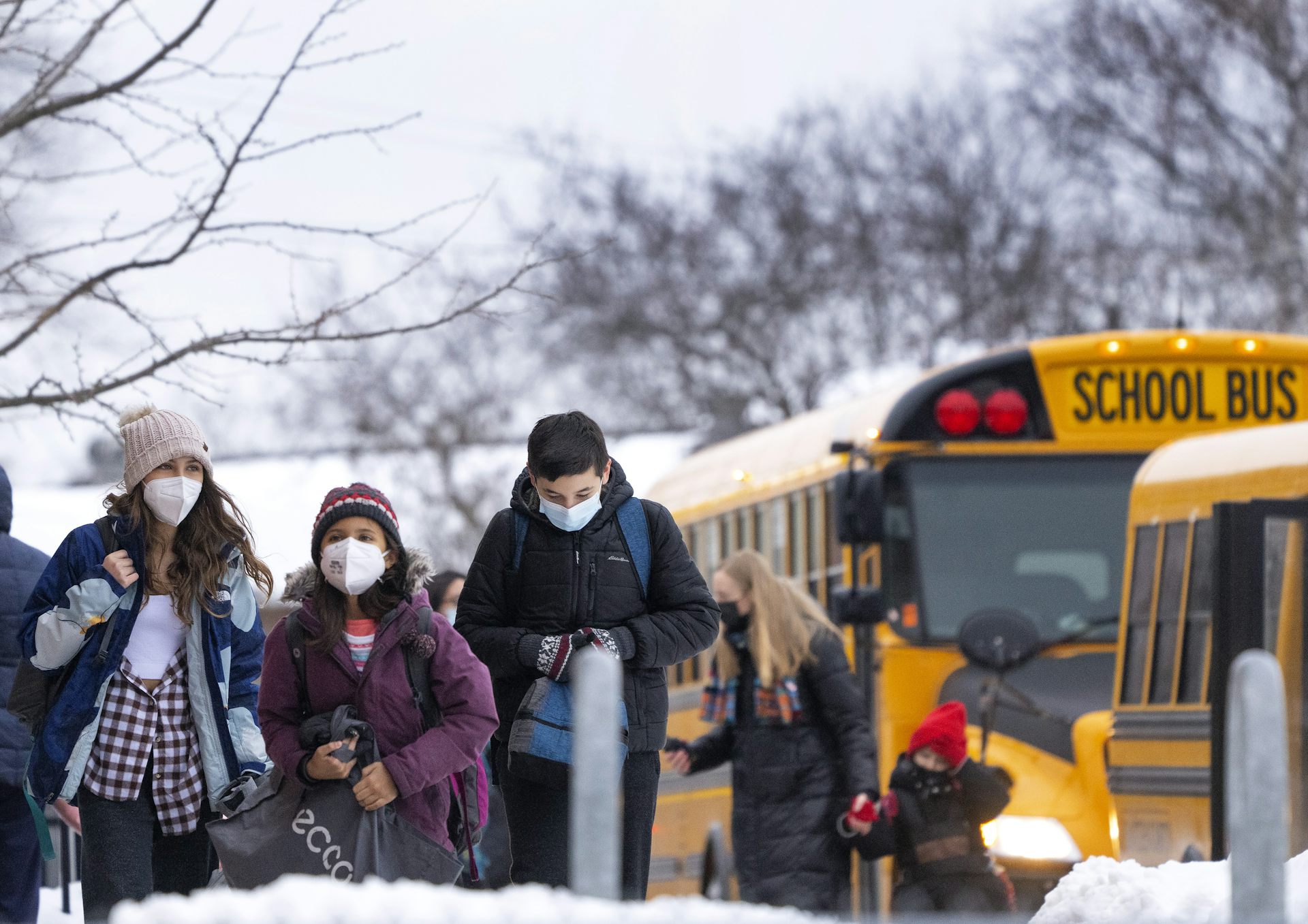As a record-breaking snowstorm blanketed most of southern Ontario mid-January, while Omnicron cases were still surging, it was heartwarming to see stories of passengers pushing TTC buses out of the snow, people helping the elderly and Ontario Premier Doug Ford digging out stranded drivers — which he was immediately criticized for.
Many saw these acts as the epitome of Canadian kindness, reminiscent of the caremongering movement that started as a Facebook group in Toronto in March 2020. Caremongering was a community-led social movement to help seniors and those at risk during the pandemic.
The caremongering movement quickly spread across Canada and the rest of the world with over 246 groups worldwide (191 in Canada).
As a professor that researches community resilience after disasters, I have been a caremongering pessimist, or simply put — a hater. In April 2020, I warned that over-hyping the caremongering movement risks “happy-washing” the pandemic and in April 2021 I noted with anger “we’re far from ‘all in this together.’” All of these heartwarming stories of neighbourly support and community care made me think … was I wrong? Has a snowstorm brought back our made-in-Canada caremongering spirit?
The short answer, no.
Our short lived caremongering movement
Disasters provide an opportunity to examine the “exception” in order to better understand “the rule,” as exceptional circumstances tend to expose the social structures and processes that are often hidden.
In other words, as political theorist Steven Lukes puts it, “disasters can lift veils.” Lukes argues that disasters can be “transformative or confirmatory,” they can generate new ways of thinking or reinforce prevailing structures of power.
Sadly, in Canada, COVID-19 has been confirmatory, and what’s behind the veil is not pretty. As Toronto Star columnist Shree Paradkar put succinctly, COVID-19 showed “how essential the poor are for the privileged despite how little they are valued.”
We see this reflected in how poorly essential workers are treated by the government and society and we see it in our short lived caremongering movement.
A look at the database of caremongering Facebook groups I collected in March 2020 tells me that most of those groups no longer exist.
The same can be said for Canada’s “hero pay,” the #ShopLocal trend, and banging pots and pans for healthcare workers.
In fact, a year and a half into the pandemic, a wave of anti-vaccine protests across Canada left health care workers suffering assault, verbal abuse and harassment inside and outside hospitals. And it could get worse.
The inequality virus
Anthropologist Anthony Oliver-Smith’s research has found that after the immediate danger of a disaster passes, social divisions and inequalities return — often stronger.
COVID-19 has already been called the “inequality virus.” Economist Zara Liaqat predicts that “the longer lasting impact of the pandemic is on the marginalized groups, making extreme inequality inevitable in the near future.”
This increasing inequality mixed with Omicron fatalism should be a cause for concern.
The Omnicron surge and its subsequent COVID-19 restrictions and lockdowns have most people believing that getting the virus is inevitable.
According to a survey conducted from January 10 to 13 with a representative sample of 1,519 Canadians who are members of the the Angus Reid Forum (this survey is not publicly available), 71 per cent of Canadians believe contracting COVID-19 is inevitable and 40 per cent agree that “at this point, I would rather get COVID-19 and just move on with my life.”
This high level of fatalism comes after the post-holiday surge where despite taking many precautions, families still got sick. This feeling of despair after hearing these stories is only exacerbated by the Ontario government’s reduction of the COVID-19 isolation period down to 5 days, the lack of tests and the cancellation of COVID-19 tracking in schools. But this type of Omnicron fatalism or belief in Omnicron inevitability can be dangerous, as those who believe contracting the virus is inevitable will also desire for the removal of all public health restrictions.
Embracing the inevitable
Data from the Angus Reid Institute published on Jan. 13 found that half of those who feel they will be infected with Omicron no matter what they do think that public health measures should be removed completely.
Public health physician and epidemiologist Dr. Cory Neudorf explained why playing Russian roulette with Omnicron and embracing the inevitable is a bad idea. He says that while your COVID-19 symptoms may be mild, it may not be mild for the person you spread it to.
He added that a surge in cases can lead to hospital overcapacity, staff shortages and higher deaths rates due to other health issues not being treated.
After Doug Ford announced “positive news,” I think about the widening inequality in our province, who the news is “positive” for and the death of caremongering.
Written by Yvonne Su, Assistant Professor in the Department of Equity Studies, York University, Canada
This article is republished from The Conversation under a Creative Commons license. Read the original article.
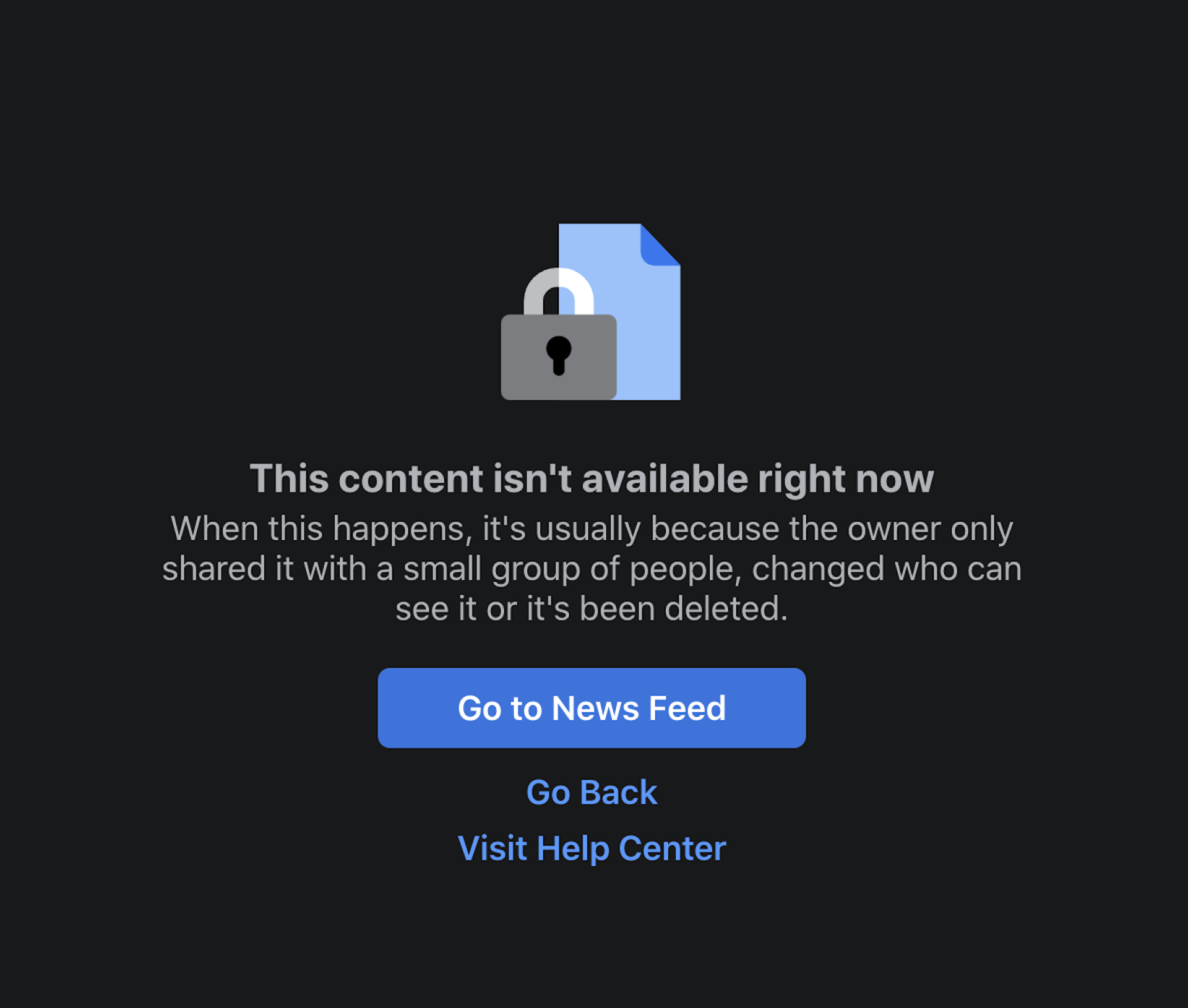
![]()
5 Ways to Support HipHopCanada:

















